Why does my arm hurt after a blood test?


Related products
Why does my arm hurt after a blood test?
There are a few reasons why ones arm may hurt after a blood test, such as in regards to the needle, an infection and soreness.
One possibility for an arm hurting after a blood test is that the needle used to draw blood was not placed properly, causing damage to the veins or muscles.
Another possibility is that the person may have an infection at the site of the needle puncture. Finally, it is possible that one simply is experiencing some soreness and inflammation from having the blood drawn.
If the arm pain is severe or persists for more than a day or two, one must see their doctor to rule out any serious underlying causes. In most cases, however, arm pain after a blood test is nothing to worry about and is resolved on its own. If you’re undergoing blood tests regularly, it’s helpful to explore comprehensive collections like All Health Tests and Men’s Health Tests, which bundle relevant diagnostics for easier access and cost-effectiveness.
If you're monitoring specific health markers, such as hormone levels, using an at-home test like the Testosterone Blood Test or the Full Blood Count, you may experience mild tenderness post-draw, but it's typically not a cause for concern. If pain continues for more than a couple of days, it’s best to speak to a healthcare provider.

Why do people get bruises after blood draws?
After blood is drawn, even when the bleeding is minor, some bruising may still result. A bruise occurs most often because of a blood vessel accidentally damaged during a surgical procedure. Occasionally the skin bruises from where pressure was placed on the skin.
Bruising is generally harmless after blood tests and does not require any treatment. Having a bruise is not always the best indicator of a serious disease. Bruising or ecchymosis occurs when artery walls in the skin get damaged, which leads to bleeding underneath the skin. For added convenience, many people are now turning to Home Blood Tests, which allow you to monitor your health from the comfort of your home. These tests are easy to use, come with clear instructions, and cover a wide range of health concerns. This option can also reduce stress and discomfort that sometimes comes with in-clinic procedures.
Can a blood draw from the arm cause shoulder pain?
Yes, although uncommon some shoulder pain may occur, it is totally normal and is not cause for worry. Although bruises are unsightly, they usually resolve in just a couple of hours. In some rare cases pain and discomfort in the hand may suggest inflammation of the arms, tendon, or nerves.
Some individuals experience referred pain or discomfort in the shoulder or upper arm if they are particularly sensitive or anxious during the procedure. The discomfort is usually temporary and usually resolves soon after the blood draw. If it persists or worsens, consult with a healthcare provider for further evaluation. However, if you’ve taken tests that require frequent monitoring—like the HbA1c Blood Test for diabetes—it’s important to rest the arm and avoid strenuous activity afterwards.

What are some proven tips to prevent and relieve pain after a blood test?
Blood swabs are often performed during treatment in clinics as they provide varying information about one's health. Most people find this process not so enjoyable, leaving them feeling exhausted and dizzy afterwards.
Top tips for having a blood test include:
-
Make sure to drink enough water before taking blood test, this helps to open up the vessels in the body.
-
Only get a blood test from a trained professional
-
Sterilise the area before blood is taken to make sure that an infection does not occur
If you’re undergoing frequent tests such as the Health and Lifestyle Blood Test, following these tips can greatly reduce post-draw discomfort.
What if you can't find a suitable vein?
If a healthcare professional cannot find a suitable vein for blood drawing, they may try alternative veins in the same arm or suggest trying the other arm. In some cases, when obtaining blood samples is essential, an ultrasound-guided or specialised procedure may be performed to locate and access a suitable vein.
Why does my arm hurt a week after giving blood?
Arm pain a week after giving blood may result from residual soreness at the needle insertion site or from bruising. The discomfort is typically mild and continues to improve over time.
Pain or numbness in hands and wrists is often related to an injured tendon or nerve or a swollen artery. If the pain persists or worsens, it's advisable to contact a healthcare provider for evaluation.

Can giving blood make you feel tired?
Yes, donating blood might lead to temporary fatigue or tiredness. This is primarily due to a temporary drop in blood volume, which may affect oxygen delivery to tissues. Rest and adequate hydration helps alleviate fatigue, and most individuals feel back to normal within a short time after donating blood.
What is the most common complication of venipuncture?
The most common complication of venipuncture (the process of puncturing a vein) is mild bruising or hematoma formation at the needle insertion site. The effects typically resolve on their own over a few days. Infections and nerve injuries are less common but possible complications.
Small bruising is quite common involving 12 - 34% venipuncture, minor bruises were the most frequent reaction. In 3.6% of cases there have been major complications. In 2.7% of cases the symptoms were hypotension. Syncope has been reported in about 1% of cases. If complications persist, a consultation with a doctor helps relieve concerns.
How do you feel after phlebotomy?
After phlebotomy (the process of drawing blood), it's common to experience mild symptoms such as temporary discomfort or a sensation of fullness at the needle insertion site. Most people feel well and are able to resume their normal activities shortly after the procedure. However, some individuals may feel lightheaded, and it's essential to rest and drink fluids if one experiences such symptoms.
Sometimes the patient feels ill after Phlebotomy treatment and is able to relieve symptoms by resting and drinking enough fluids.
What happens if too much blood is drawn?
Drawing too much blood during a single phlebotomy procedure may lead to several potential complications, including dizziness, fainting, low blood pressure, and anemia (a shortage of red blood cells). Healthcare professionals carefully calculate the volume of blood to be drawn based on the individual's weight and the maximum allowable limit to prevent such issues.
In each 500 mL of blood, the patient's risk of anaemia jumps by 18%. The risk was slightly reduced by multivariable adjustments. Average blood loss was significantly varied by hospital, from 50.2 ML to 109.6 mL for the complete cohorts.
Why do I feel weird after getting blood drawn?
Feeling "weird" or lightheaded after getting blood drawn is a common reaction for some individuals. It occurs due to factors like anxiety, a vasovagal response (a sudden drop in heart rate and blood pressure), or the sight of blood. The feeling usually resolves quickly with rest, fluids, and lying down. It's essential to communicate any discomfort or unusual sensations to the healthcare provider to ensure well-being during and after the procedure.
When a doctor draws blood, one's stomach may be causing a vasovagal reaction. It's the reaction of the nervous system's physical adjustment to the reduction of blood in the body, which might trigger the pain from seeing a needle or a lot of blood.
What happens when a needle hits a nerve?
When a needle hits a nerve during a medical procedure like blood drawing, it might cause various sensations and symptoms, including sharp or shooting pain, tingling, numbness, or weakness in the affected area. Nerve injury due to needle insertion is relatively rare but may occur, especially if the needle inadvertently comes into contact with a nerve. If one experiences these symptoms during or after a blood draw, it's essential to inform the healthcare provider immediately for evaluation and appropriate management.
Does giving blood damage your veins?
In general, donating blood does not cause any harm. However, it's important to note that there may be some temporary discomfort or minor side effects associated with the process. Here are some key points to consider:
- Needle Insertion: When the needle is inserted into the vein, one may feel a brief pinch or discomfort. This is a normal sensation and is usually not harmful. The needle used for blood donation is sterile and designed for this purpose.
- Vein Health: Veins are resilient and usually withstand multiple needle insertions without long-term damage. Healthcare professionals take precautions to minimize the risk of vein damage, such as using an appropriate-sized needle and selecting a suitable vein.
- Recovery: After donating blood, the body's natural healing processes typically repair any minor trauma to the vein quickly. Drinking plenty of fluids and resting the arm helps expedite the recovery process.
- Potential Side Effects: While vein damage is uncommon, some individuals may experience side effects like bruising, tenderness, or swelling at the needle insertion site. These side effects are usually mild and resolve within a few days.
- Long-Term Effects: Donating blood regularly (within recommended intervals) is generally safe and does not lead to permanent vein damage. Blood banks and donation centres adhere to strict guidelines to ensure donor safety.
It's essential to follow proper aftercare instructions provided by the healthcare professionals at the donation centre to minimize any discomfort or potential side effects. If there are any concerns about the impact of blood donation on the veins, it's advisable to discuss them with the healthcare staff at the donation centre or consult with a healthcare provider. They are able to provide personalised guidance and address any specific concerns.








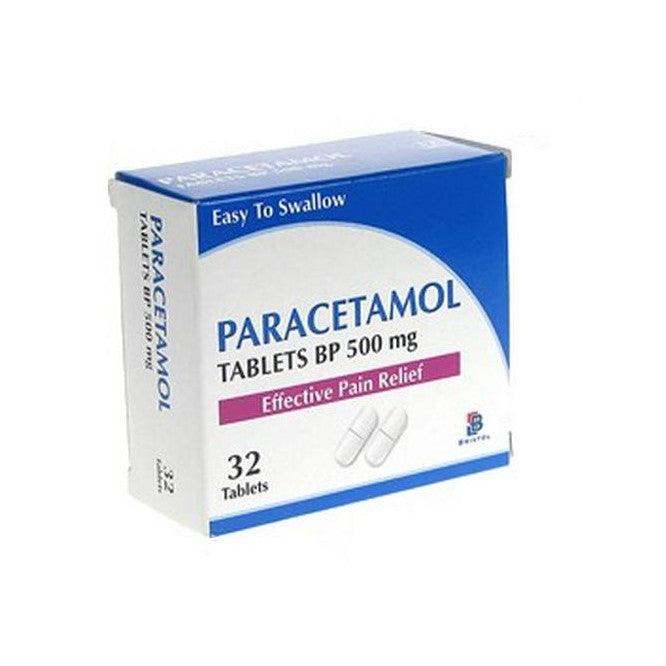
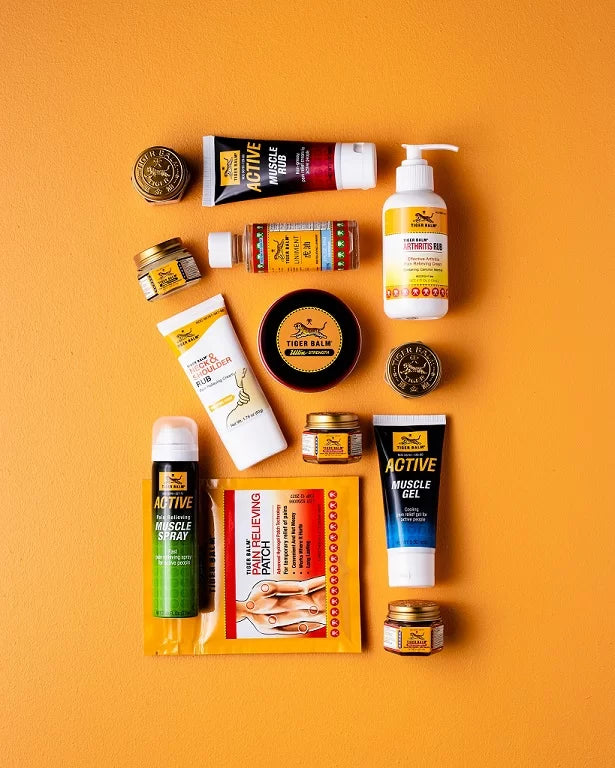








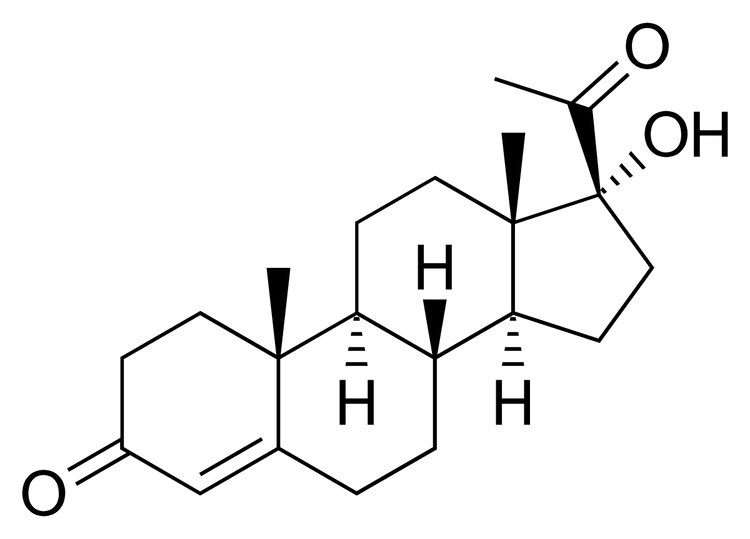
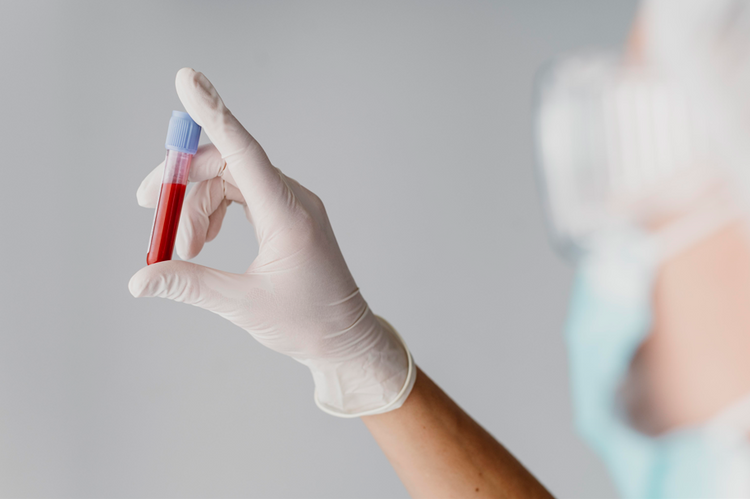
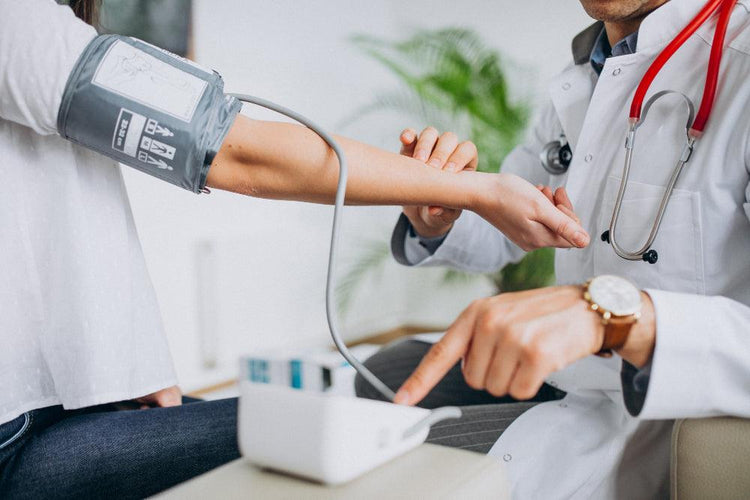

 Rated Excellent by 26,523+ Reviews
Rated Excellent by 26,523+ Reviews